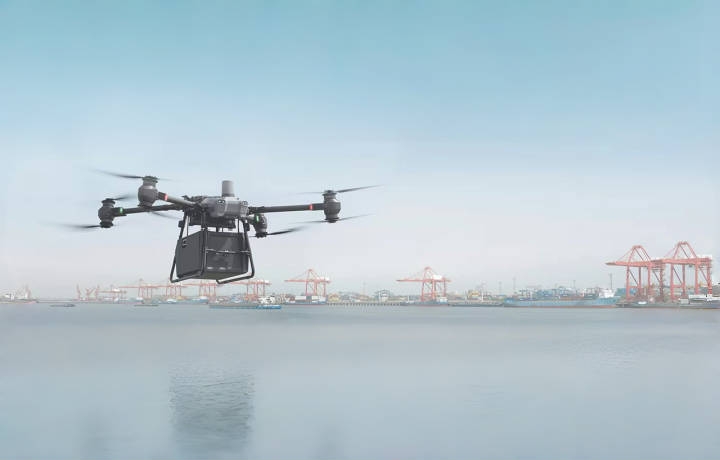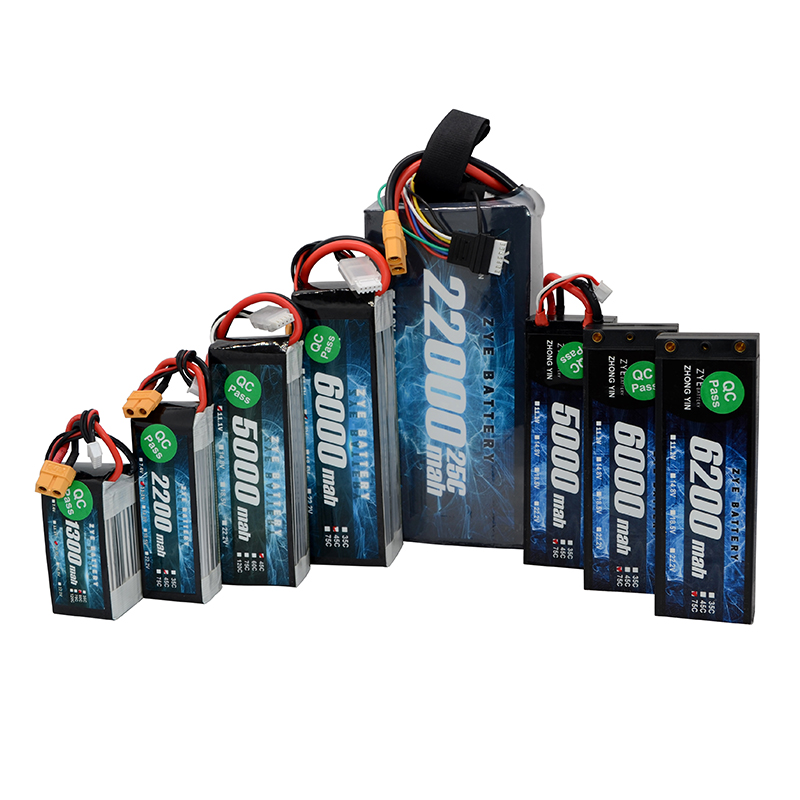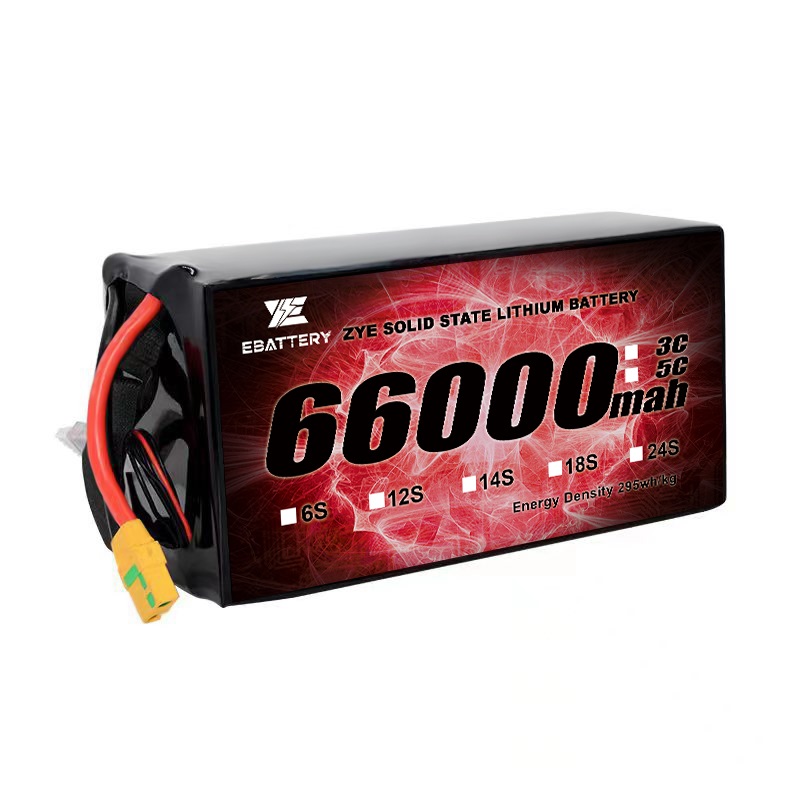How Semi-Solid State Batteries Work?
2025-11-03
1. Semi-solid batteries combine the advantages of liquid and solid-state batteries
achieving higher energy density and enhanced safety through a hybrid electrolyte system. This innovative technology enables drones to extend flight times and maintain reliable performance in harsh environments.
ZYEBATTERY consistently leads the forefront of this technology with its cutting-edge semi-solid battery solutions. Drones equipped with ZYEBATTERY semi-solid batteries deliver higher charging efficiency and extended service life. These characteristics make them ideal for critical applications such as rescue missions and agricultural operations. This breakthrough technology significantly enhances drone battery performance, ensuring exceptional operation.
2. Key Points
Solid-state batteries combine liquid and solid-state properties, delivering higher energy density and superior safety for drones.
Drones equipped with these batteries achieve extended range and greater payload capacity, making them particularly suitable for tasks like logistics delivery and agricultural field inspections.
The battery offers enhanced safety by reducing risks of overheating or leakage, maintaining stable operation even in harsh environments.
ZYEBATTERY's new battery technology leads the industry, with its lightweight and high-strength properties comprehensively enhancing drone performance.
Semi-solid batteries represent the future direction of drone battery technology, perfectly meeting the demand for longer-lasting and safer power supply.
3. Key Differences from Liquid and Solid-State Batteries
Semi-solid batteries stand apart due to their design and performance. Conventional lithium-ion batteries use liquid electrolytes, posing risks of leakage or overheating. Semi-solid batteries employ gel-like electrolytes, offering greater safety. While solid-state batteries utilize solid electrolytes, they may slow ion movement and present greater manufacturing challenges.
Longer Flight Times, Higher Energy Density
Semi-solid batteries surpass traditional lithium-ion cells in energy storage efficiency, achieving greater power density within the same volume. Drones can extend flight durations without frequent recharging, accelerating task completion and reducing time costs. Whether for land surveying or cargo delivery, increased flight times significantly enhance operational efficiency.
Safer and Cooler Operation
Battery safety is paramount for drones. Semi-solid batteries are safer than liquid lithium-ion batteries. Their gel-like electrolyte is less prone to overheating or leakage, making them more stable and reliable.
4. Key Safety Features of Semi-Solid Batteries:
Compared to liquid batteries, they accumulate heat more slowly.
They generate fewer gases during use, enhancing safety.
They remain stable even when fully charged or under pressure.
5. Lightweight Design Enhances Drone Maneuverability
Battery weight directly impacts drone performance. Lightweight batteries boost flight speed and reduce energy consumption. Compact and lightweight, semi-solid batteries store substantial energy, perfectly meeting the demands of drones pursuing high speed and extended range.
Lightweight batteries improve drone maneuverability and flexibility, crucial for precision tasks like surveying or inspection. This design also conserves energy, enabling efficient flight and superior performance.
Key Safety Features of Semi-Solid-State Batteries:
- Slower heat accumulation compared to liquid batteries.
- Produce fewer gases during use, enhancing safety.
- Maintain stability even when fully charged or under pressure.
6. Comparison Between Semi-Solid-State Batteries and Lithium-Ion Batteries
Semi-solid-state batteries outperform lithium-ion batteries in both performance and safety. Their higher energy density enables longer flight times and greater payload capacity for drones. With a cycle life of up to 3,000 cycles compared to lithium-ion batteries' 500-1,500 cycles, they reduce replacement frequency and lower long-term costs.
Safety is a core advantage of semi-solid batteries. Lithium-ion batteries may overheat or ignite due to thermal runaway, whereas semi-solid batteries use gel-like electrolytes that remain stable under pressure, making them more suitable for drone use in harsh environments.
7. Comparison of Semi-Solid Batteries and Lithium Iron Phosphate Batteries
Lithium iron phosphate batteries are safe and long-lasting, but semi-solid batteries offer higher energy density. LPSBs achieve up to 350 Wh/kg, compared to 90-160 Wh/kg for LFP batteries. This enables drones to fly farther and longer without recharging.
Both battery types are safe and reliable, but LPSBs perform better in extreme temperatures. They operate stably in both scorching heat and freezing cold, whereas LFP batteries struggle to deliver optimal performance under freezing conditions.
Applications in Logistics, Agriculture, and Emergency Response
Semi-solid-state batteries are transforming drone operations across multiple sectors. In transportation, drones equipped with these batteries can perform long-distance cargo delivery to areas inaccessible to trucks or cars. Their heavy-load capacity makes them highly efficient delivery tools.

























































